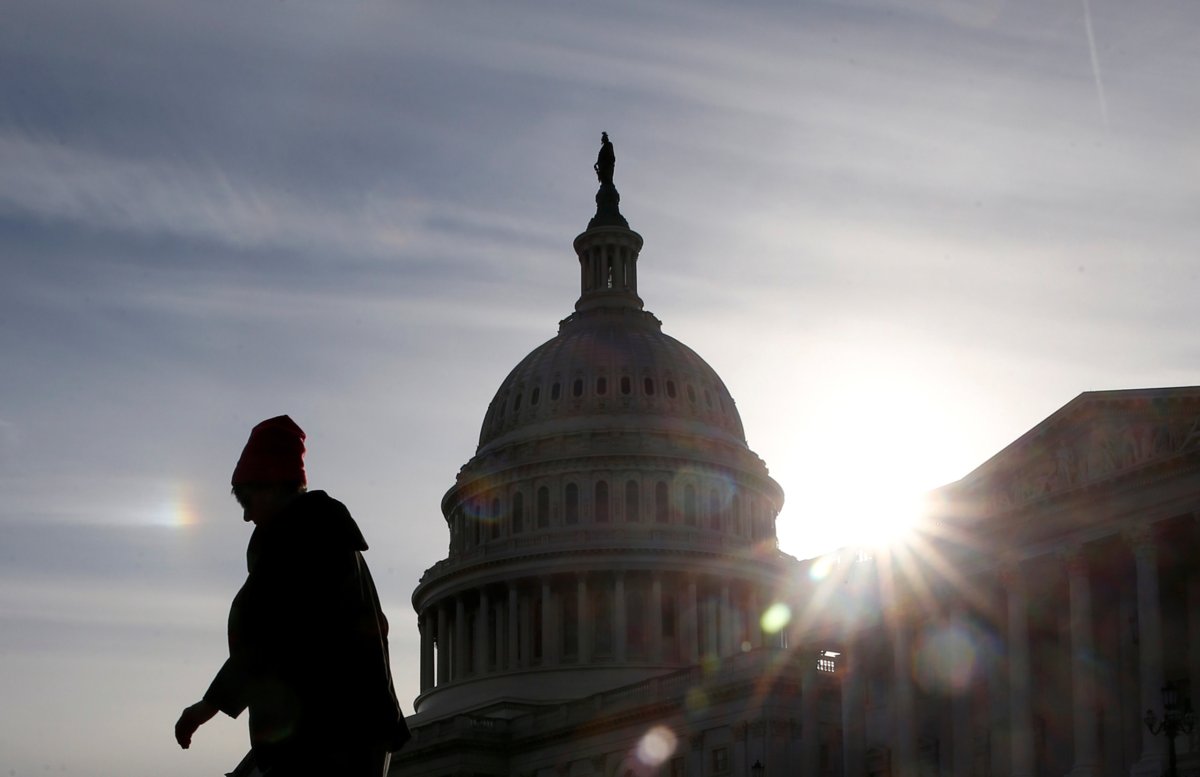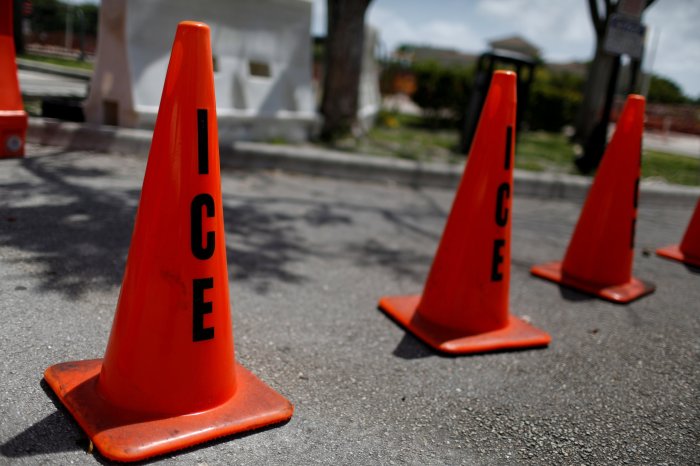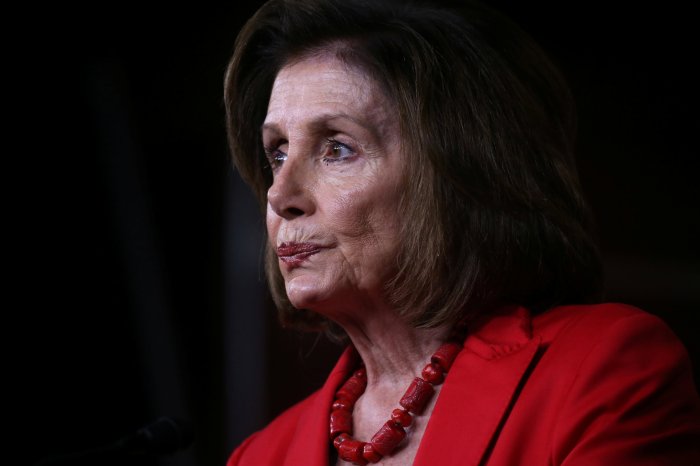WASHINGTON (Reuters) – The U.S. government reopened on Monday with about 800,000 federal workers returning after a 35-day shutdown as lawmakers geared up for talks to avoid another standoff before funding runs out again in three weeks.
The longest government shutdown ended on Friday when President Donald Trump agreed to end the partial government shutdown amid under mounting pressure as the effects spread across the country.
Trump and Congress reached a deal to reopen the roughly one-quarter of the government that had been closed despite the president not getting the $5.7 billion he had demanded to build his long-promised wall along the U.S.-Mexico border.
Still, it remained to be seen how lawmakers address border security before the Feb. 15 deadline while avoiding another closure. A committee of lawmakers from both parties will try to negotiate a compromise on border security as Congress prepared to reconvene on Monday.
“Government is open again, but we cannot forget what shutdowns mean: unnecessary anguish for millions of Americans,” said U.S. Representative Madeleine Dean in a tweet. She is one of the dozens of new Democrats who took office this month as her party took control of the House of Representatives.
Trump vowed to shut down the government again unless an acceptable border deal is reached, and on Sunday expressed skepticism that such an agreement could be made.
He also left open the possibility of declaring a national emergency to get money for the wall, an extraordinary move that Democrats and some Republicans have vowed to fight and that would likely face a court challenge.
Democrats, eager to capitalize on their political victory, oppose any border wall money but say they back additional funding for border security measure such as increased technology and Border Patrol agents.
Republicans, who controlled both the Senate and the House when the shutdown began Dec. 22, are wary of a repeat closure. Polls show the public mostly blamed Trump and his party for the shutdown.
Federal workers are expected to get paid this week for the five weeks of missed paychecks. Federal contractors and businesses that relied on federal workers’ business, however, face huge losses, although some lawmakers are pushing legislation to pay contractors back as well.
“We can never put families in such a difficult position again,” U.S. Senator Richard Durbin, the No. 3 Democrat in the chamber, said Sunday night on Twitter.
(Reporting by Susan Heavey; Editing by Jeffrey Benkoe)

























